Address: #5B, Next to Peace Paramount Apartments, Attur Road, Ananthpura, Yelahanka, Bengaluru - 560064.

About Ayurveda
The history of Ayurveda is a rich and ancient one, dating back thousands of years. It is often considered one of the oldest healing systems in the world. The origins of Ayurveda are deeply rooted in the Indian subcontinent, and its development has been influenced by various cultures and civilizations over time. Here is a detailed history of Ayurveda:
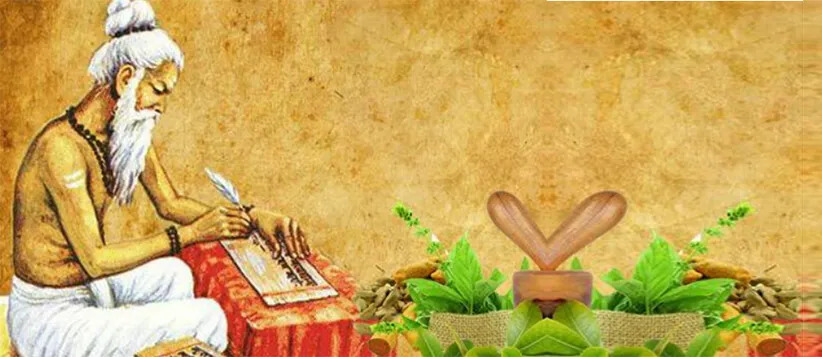
Vedic Period (Around 1500 BCE - 600 BCE)
The roots of Ayurveda can be traced back to the Vedic period in ancient India. Ayurveda is mentioned in the Vedas, particularly in the Rigveda and Atharvaveda, which contain hymns and verses related to healing and herbal medicine. During this period, Ayurveda was primarily an oral tradition passed down through generations.
The Compilation of Ayurvedic Texts (Around 600 BCE - 200 CE)
The systematic codification of Ayurvedic knowledge began during this period. The two most important texts that emerged during this time were the "Charaka Samhita" and the "Sushruta Samhita." Charaka focused on internal medicine, while Sushruta specialized in surgery. These texts laid the foundation for Ayurvedic theory, principles, and practices.
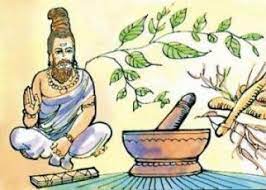
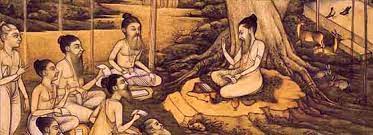
Golden Age of Ayurveda (200 CE - 1200 CE)
Ayurveda flourished during the Gupta Empire and the subsequent centuries. Many new texts were written during this period, expanding on the knowledge of Ayurveda. Notable among them is the "Ashtanga Hridaya," which combined the teachings of Charaka and Sushruta into a comprehensive guide.
Influence of Buddhism and Jainism (5th Century BCE - 12th Century CE)
Buddhism and Jainism played a significant role in the development and propagation of Ayurvedic principles. Both of these religions advocated vegetarianism and non-violence, aligning with Ayurvedic dietary and ethical guidelines.
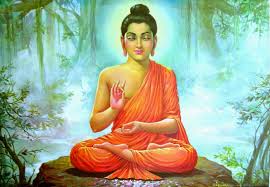
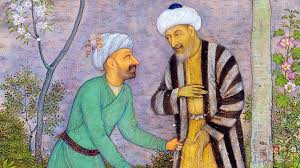
Islamic and Persian Influences (8th Century CE - 16th Century CE)
During the medieval period, India saw the arrival of Islamic and Persian scholars and physicians. They contributed to Ayurveda by translating Ayurvedic texts into Arabic and Persian and integrating Ayurvedic concepts with their own medical traditions. This exchange of knowledge led to the development of Unani medicine.
Colonial Era (17th Century CE - 20th Century CE)
The colonization of India by European powers had a significant impact on Ayurveda. It faced suppression and decline under British colonial rule, as Western medicine gained dominance. However, Ayurveda continued to be practiced in traditional settings and among rural populations.
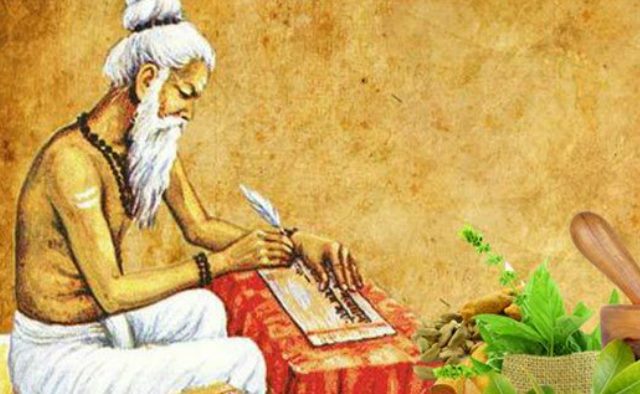
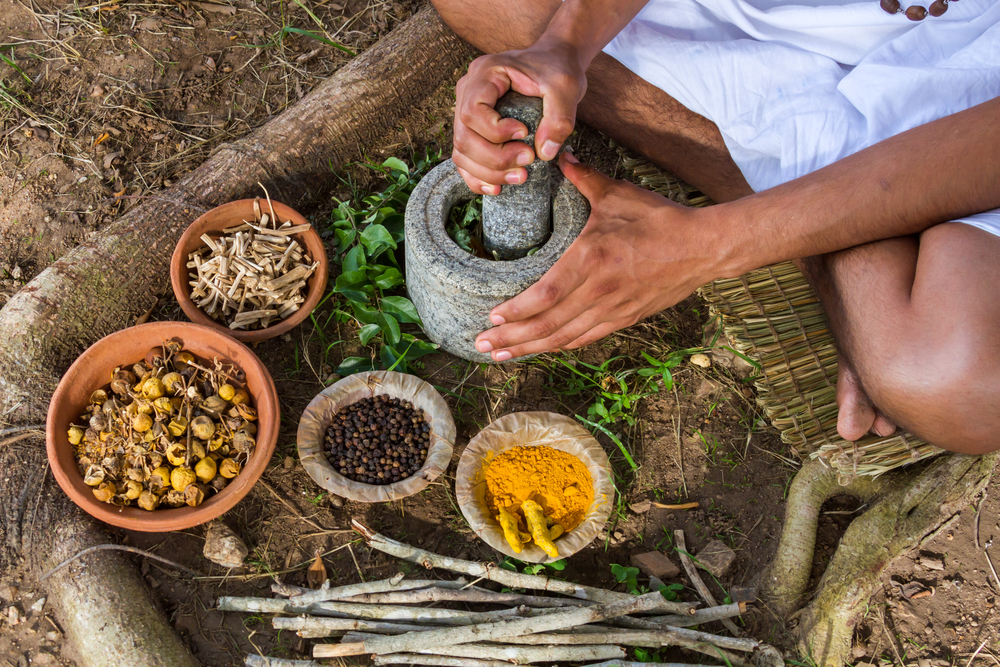
Post-Independence Revival (20th Century CE - Present)
After India gained independence in 1947, there was a renewed interest in reviving and promoting Ayurveda. The government established institutions for Ayurvedic education and research. Ayurveda gained recognition not only in India but also internationally as people sought alternative and holistic healthcare options.
Modern Ayurveda (21st Century CE)
Today, Ayurveda is practiced and studied worldwide. It has evolved to integrate modern diagnostic tools and treatments while preserving its traditional wisdom. Ayurveda continues to offer holistic healthcare solutions, emphasizing prevention and balance in body, mind, and spirit.


Latest
Ayurveda, the indigenous medical system of the Indian subcontinent, holds a significant place in the healthcare landscape of this region. It enjoys official recognition in India and throughout the Indian subcontinent, where it is widely practiced. The education and regulation of Ayurveda in India fall under the jurisdiction of the Central Council of Indian Medicine, a body overseen by the Ministry of AYUSH (Ayurveda, Yoga, Unani, Siddha, and Homeopathy).
In India, several Ayurvedic universities such as Gujarat Ayurveda University, Banaras Hindu University, Rajasthan Ayurveda University, and Uttarakhand Ayurveda University serve as hubs for Ayurvedic education and research. Notably, the All India Institute of Ayurveda, located in New Delhi, stands as a prominent institution in the field.
Under the visionary leadership of Prime Minister Narendra Modi and the dedicated efforts of Shripad Yesso Naik, the Minister for AYUSH, the AYUSH system has experienced revitalization. This rejuvenation was exemplified by the celebration of National Ayurveda Day on October 28, 2016, across the nation. The theme for this celebration was "Ayurveda for Prevention and Control of Diabetes." On this occasion, the Ministry of AYUSH launched the "Mission Madhumeha through Ayurveda," a nationwide initiative aimed at effectively managing diabetes through Ayurvedic principles and practices.
With the unwavering support of the Government of India, Ayurveda has witnessed significant advancements across various sectors, including education, clinical practice, and research.
Copyright © 2023 Suvarna Ayurveda Healthcare All right reserved | Designed by Siri Group
